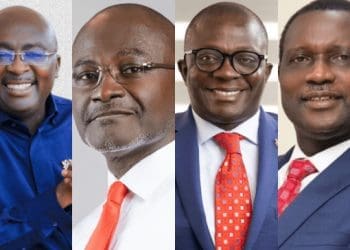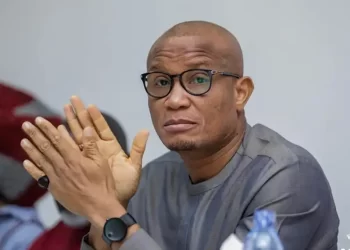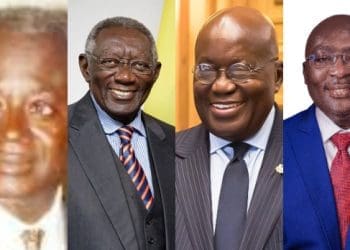In a significant shift in U.S. immigration policy, President Donald Trump’s administration has suspended new student visa interview appointments, affecting thousands of international students, including many from Ghana.
The move is part of a broader immigration crackdown and comes amid efforts to implement stricter social media vetting for foreign student visa applicants.
According to a diplomatic cable from U.S. Secretary of State Marco Rubio, the State Department is preparing updated guidance on how to review social media profiles of international students and exchange visitors. In the meantime, U.S. embassies and consulates have been instructed to halt new visa appointment scheduling.
“The Department is conducting a review of existing operations and processes for screening and vetting of student and exchange visitor (F, M, J) visa applicants, and based on that review, it plans to issue guidance on expanded social media vetting for all such applicants,” the cable said.
Only appointments that have already been confirmed will proceed under the current guidelines, the cable adds. Unscheduled or future appointments will be removed from the system until further notice.
This student visa policy update is likely to have a direct impact on Ghanaian students applying for U.S. student visas, as interviews are mandatory at the U.S. Embassy in Accra.
Hundreds of Ghanaian students enrol in U.S. universities each year, fostering a strong academic and cultural exchange between the two nations. The visa suspension may delay or disrupt those plans for the upcoming academic year.
Meanwhile, international enrollment in U.S. colleges continues to be led by students from India and China, who made up 54% of the foreign student population in the 2023–24 academic year.

Protests have erupted on American campuses in response to the visa restrictions. At Harvard University, students and faculty rallied in solidarity with international students and condemned the administration’s attempts to defund institutions supporting foreign scholars.
The cable also underscores a shift in priorities for U.S. consular services, advising embassies to focus resources on U.S. citizens, immigrant visas, and fraud prevention while adapting to the increased workload tied to enhanced vetting processes.
A senior State Department official confirmed the cable’s legitimacy. However, State Department spokesperson Tammy Bruce refrained from commenting directly on its contents but emphasised national security.
“We will continue to use every tool we can to assess who it is that’s coming here, whether they are students or otherwise,” Bruce said during a press briefing.
Additionally, administration officials have hinted at possible deportations for student visa and green card holders who have voiced support for Palestinians or criticised Israeli actions in Gaza.
These individuals are reportedly being labelled as threats to U.S. foreign policy under expanded national security scrutiny.
As the U.S. student visa policy landscape evolves, prospective international students—particularly from Ghana—face growing uncertainty. Many await further updates on when visa services will resume and how the new social media screening procedures will affect their applications.













